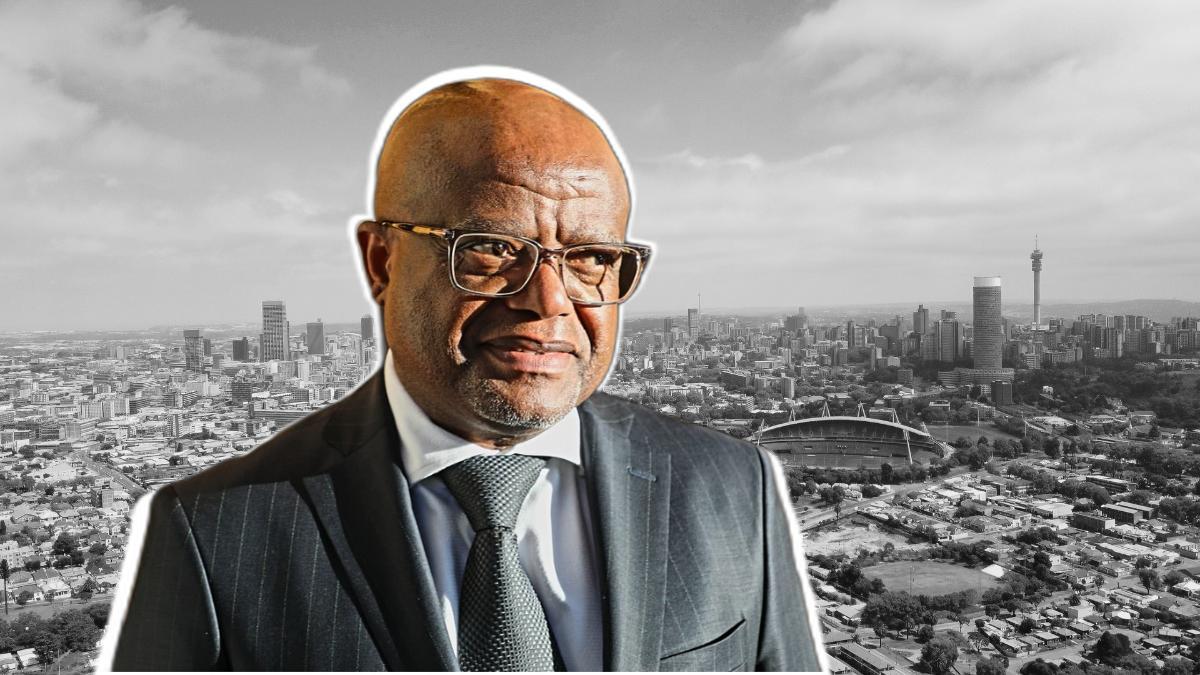Africa-Press – South-Africa. Johannesburg plans to use the Expropriation Act to repurpose hijacked and abandoned buildings within its centres, with just under 100 buildings already identified.
Johannesburg mayor Dada Morero outlined this plan in an exclusive interview with the Mail & Guardian, where he stressed the need to address the problem of derelict and illegally occupied buildings in the city.
The issue of hijacked, abandoned, and crumbling buildings is not a new problem for South Africa’s economic hub.
As early as 2016, Herman Mashaba, then mayor of Johannesburg, noted that around 643 buildings were identified to have been hijacked.
However, recent estimates now put that number at around 1,100 buildings, which are controlled by criminal syndicates who exploit vulnerable people, charging them rent for staying in unsafe and overcrowded conditions.
According to the City of Johannesburg’s Group Forensic and Investigation Services (GFIS), these illegally occupied or abandoned buildings contribute to urban decay, increased crime, and a loss of revenue for the city.
In response to the growing crisis, the Johannesburg Metropolitan Police Department (JMPD) and other city officials have undertaken operations to reclaim these properties.
However, the process is fraught with challenges, including legal battles, threats of violence from the hijackers, and the need to find alternative housing for displaced occupants.
The challenges are evident, as President Cyril Ramaphosa slammed the city’s state during his oversight mission in March, noting the painful sight of the deterioration in the city centre.
“You have many abandoned buildings. Buildings that have either been hijacked and are not paying rates and taxes.”
“These abandoned buildings, where the owners have run away, should be subjected to the law we have just passed, expropriation, even without compensation,” he said.
Shortly after Ramaphosa’s remarks, public works deputy minister Sihle Zikalala agreed with him and said the buildings must be expropriated, even without compensation.
“Those hijacked and abandoned buildings in Joburg can be used for public purposes, such as low-cost housing for South Africans, restoring dignity for our people through the Expropriation Act,” said Zikalala.
The buildings will be used for public good
Johannesburg mayor Dada Morero
Following these calls from the deputy minister and the president, Morero said the city is considering expropriating the buildings.
The Expropriation Act was signed into law in January this year, outlining how the government can seize land and other property.
While there are concerns over the Act’s broader economic and political consequences, the new law introduced the ability to expropriate land in the public interest.
This is the section of the Act that the City of Johannesburg will use to remedy the state of the buildings it deems abandoned and derelict.
While Morero noted that government-owned buildings will be the first to be addressed, he highlighted that expropriation must be extended to privately owned land.
Morero said just under 50 hijacked buildings belonged to the government, while more than 400 belonged to private owners who are now overseas or deceased.
“Just under 100, we can’t find the owners, they have abandoned the buildings. On those, we will do sale of execution and possible expropriation.”
He added that the abandoned hijacked buildings will be used for the public good, focusing on addressing the City’s housing backlog.
“The City is facing a backlog of around 300,000 people waiting for homes, and we need to find innovative and efficient ways to address this urgent need for affordable housing for qualifying citizens,” he said.
Morero dismissed concerns about the controversial nature of expropriation, emphasising that the process aligned with the Constitution’s provisions for public good.
“With the Expropriation Act, which is not controversial, it’s the right thing to do. We all appreciate and acknowledge the indigenous people of this country,” he said.
“The land was taken away from them, so there’s nothing controversial; it is a redress of what has happened in the past,” he said.
He added that the National government and the City do not just expropriate for the fun of expropriating.
“We expropriate because we now need to build a library there, we want to build a school, or we want to build a clinic,” said Morero.
“We want to take buildings that have become a nuisance for society and turn them into housing opportunities or student accommodation. That is for the public good, and there’s nothing wrong with it.”
For More News And Analysis About South-Africa Follow Africa-Press






